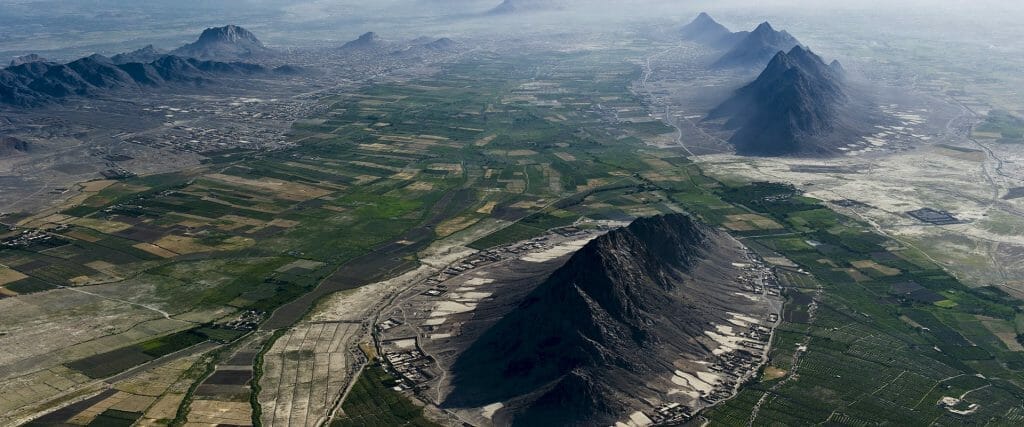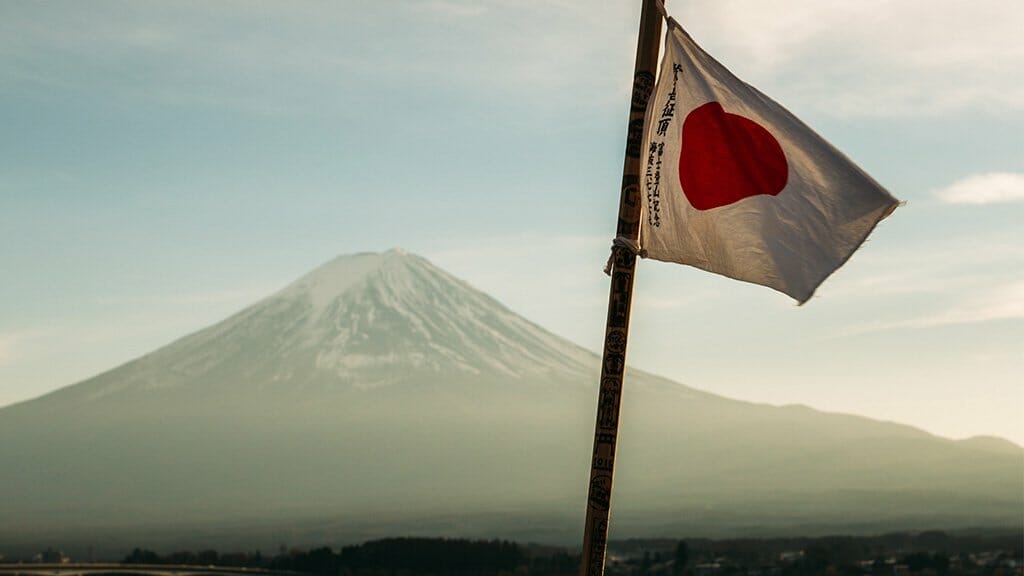Op-eds
The United States and China: Competition for superiority in space to protect resources and weapon systems
The strategic competition between the U.S. and China is fierce even in space outside of the earth. What do the two countries compete for in space? What are their objectives and what strategic calculations did they start from? Will the space race between the two countries lead to competition over space hegemony? This is one of the most interesting issues for U.S.-China observers in recent days.
Read MoreIs Kazakhstan’s Nazarbayev the Lee Kwan Yew of Central Asia?
Is Kazakhstan’s Nazarbayev the Lee Kwan Yew of Central Asia? When Singapore was expelled from Malaysia in 1965, the prospects for the newly-orphaned country were not positive. Weak, lacking resources, deeply divided along racial fault lines and surrounded by hostile neighbors, during his 25-year rule Lee Kwan Yew was nonetheless able to transform the small…
Read MoreLooking back on Afghanistan’s future
Looking back on Afghanistan’s future In a year that was marked by conflict and instability around the globe, the 2014 December 28th declaration of the formal end of the US-led war in Afghanistan should have been greeted as welcome news. But in a country that has endured 36 years of continual civil war, the withdrawal…
Read MoreEssays
“Internationalization” of National Universities in Japan: Critical Reflections
In Japan, where the unspoken social rules are predominant in workplaces as well as in society, foreigners generally find it difficult to thrive. On the other hand, the Japanese student’s development of his or her individuality needs to be encouraged and fostered also. The Japanese government and the national universities have realized that, and Japan is presently in the phase of a major transformation in its education sector.
Law, Conflict and Airspace: Understanding Air Defense Identification Zones
With states drawing up unilaterally declared defense identification zones that can extended for hundreds of miles beyond territorial airspace, alongside growing fears that these zones will harden into claims of full sovereignty, a once benign security practice has rapidly evolved into a source of conflict over East Asia’s contested skies.
Reconsidering Land Reform and Agricultural Policy in Japan
This essay seeks to add land relations with a particular emphasis on the consequences of Japan’s post-1945 land reform program to the more recent discussion on ‘human security’ (or non-traditional security concerns) in East Asia.
The Caution of Collective Memory: Why Japan’s 1947 Constitution is Worth Fighting for
Any attempt to revise Article 9 would not only derange Japan’s security situation, but more importantly, would dislodge practices of commemoration for the past 60 years as merely tokenistic. That would seriously fracture the very core of Japan’s state identity.








